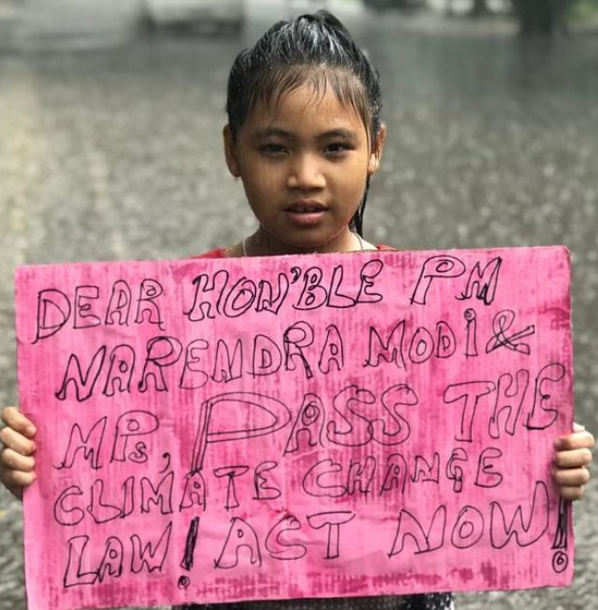Education Ministers from across the globe are being urged to prioritize quality climate education as a major outcome at the next UN Climate Conference when they meet in Italy as part of the Group of 20 (G20) round of meetings.

An international alliance of labor and teachers’ unions, green groups, youth and parents’ organizations, research institutes and international organizations issued a statement underlining the importance of climate literate citizens in combating climate change.
Research suggests that individual behavior changes around food and waste, agriculture, transport, and heating can reduce 20-37% of emissions—this is vital for the world to keep climate change in check and within science-based safety limits, the statement argues.

This can be made possible only by inducing a “Behavioral Change” which can only be achieved through climate and environmental literacy.
Studies also suggest that students who learn about climate action influence not just their own choices, but their families’ and communities’ as well.
Education systems should urgently empower young people with the knowledge, skills, and mindset to act on climate in their families and communities.

Earth Day Network is spearheading these efforts and since its official launch in Sept. 2020, EARTHDAY.ORG’s Climate and Environmental Literacy Campaign now has over 550 signatories from organizations in over 100 countries representing hundreds of millions of professionals from the environmental, education, faith, justice, and labor sectors.
Climate education and environmental literacy is going to be a cornerstone upon which a sustainable, net zero economy and climate-friendly jobs can be built now and over the long term.
We need governments to step up to this reality sooner rather than later.
This article is based on “Earth Day Network” Newsletter.






